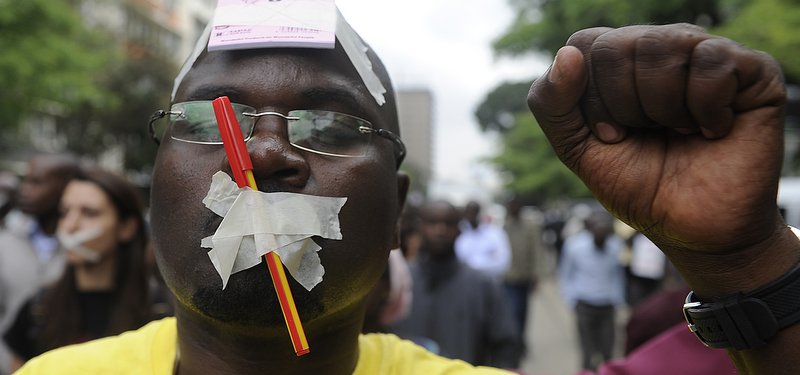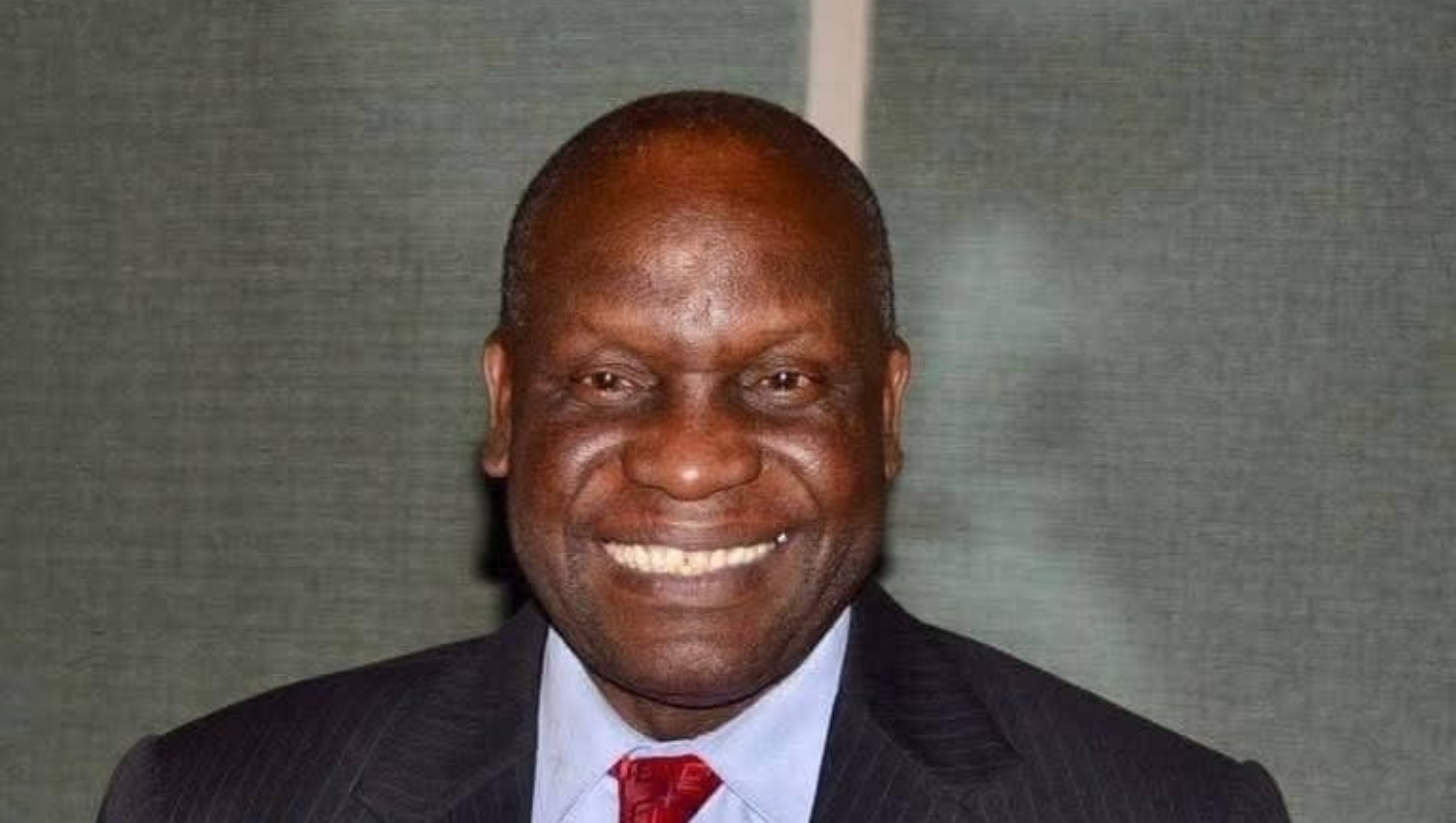[dropcap1]M[/dropcap1]ISA Zambia shares its Way Forward recommendations for defending media freedom, freedom of expression and access to information to mark World Press Freedom Day 2020.
[highlight1]ACCESS TO INFORMATION[/highlight1]
Increase advocacy for the enactment of the Access to Information Bill
The government needs to enact the ATI Bill. Cabinet approved the long-awaited Bill in March 2019 but it still needs to be passed by parliament.
Get Access to Information in the news
Activists should advocate for greater coverage about the importance of a domestic Access to Information law to generate general public calls for its enactment. Such coverage should include explanations of what ATI is and how Access to Information can help improve governance, fight corruption and enhance development.
[line]
[highlight1]MEDIA SELF-REGULATION[/highlight1]
Push for the enactment of the Media-Self Regulation Bill
In 2019, Zambia’s media adopted a Statutory Media Self-Regulation framework and drafted a Bill. This was submitted to the Ministry of Information and Broadcasting Services who have since submitted it to the Ministry of Justice for review. Zambia’s media need to advocate for parliament to enact the Bill.
[line]
[highlight1]MEDIA FREEDOM[/highlight1]
Promote dialogue between IBA and its licensees
Improving communication between the Independent Broadcasting Authority and licensed broadcasters could help avoid situations where IBA makes decisions that curtail media freedom. In 2019, IBA made several harsh resolutions, such as the suspension of broadcasting licenses or making it mandatory to submit broadcast content every two weeks, which impacted negatively on press freedom in Zambia.
[line]
[highlight1]DIGITAL RIGHTS[/highlight1]
Maintain freedom of expression online
As Zambians increasingly exchange ideas and information online, authorities are threatening and even arresting people because of what they post on social media. Stakeholders need to push to keep the Internet and social media as a space for free expression.
[line]
[highlight1]SAFETY OF JOURNALISTS[/highlight1]
Promote a greater understanding of journalism’s watchdog role
Media houses and media advocates should sensitise officials and party cadres about the media’s role in preventing abuses of power and promoting good governance. They should also counter the commonly held belief that critical coverage of ruling officials aims to topple the party. Such coverage is rather about holding public figures to account.
[line]
[highlight1]MEDIA ETHICS[/highlight1]
Insist on ethical and professional media workers
Private and public media houses are politically polarised. Media advocacy institutions need to insist on professional standards and responsible reporting from media workers.
[line]
These recommendations are taken from our 2019 quarterly State of the Media reports. You can also download a PDF copy of the Way Forward recommendations to print and share.
Take a look at the Way Forward 2020 recommendations for MISA Malawi, MISA Lesotho, MISA Mozambique and MISA Zimbabwe as well as MISA Zambia’s Way Forward recommendations for previous years.









